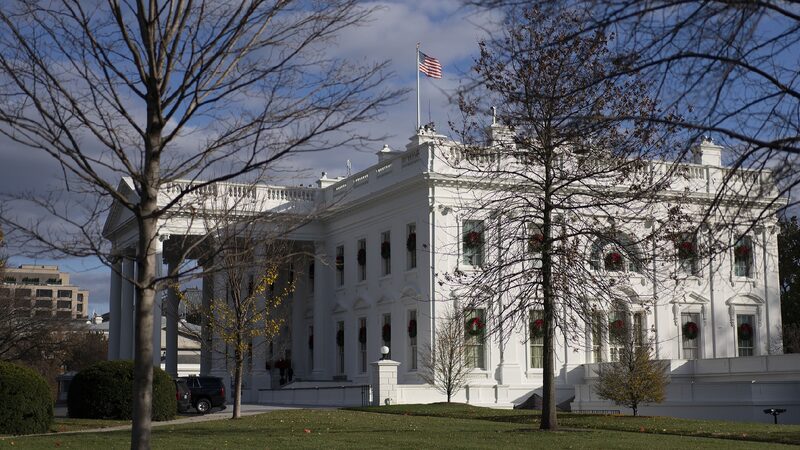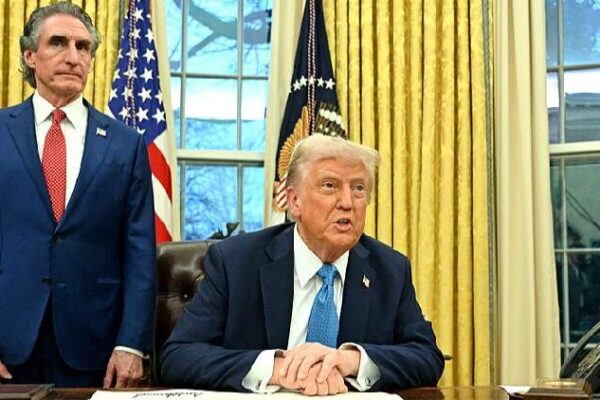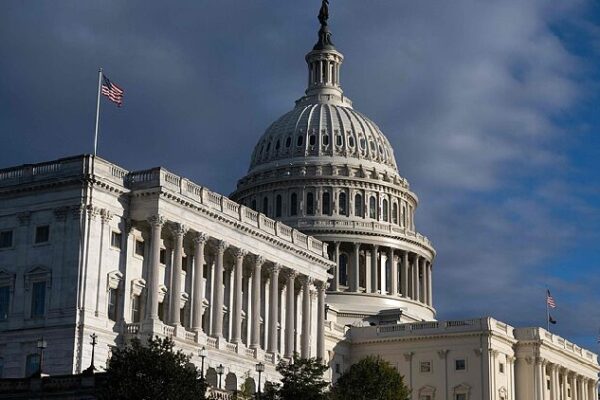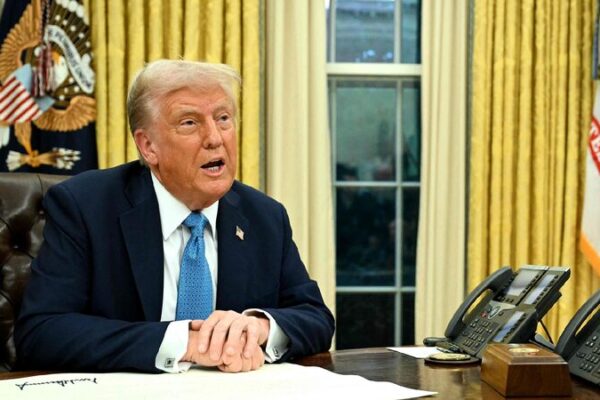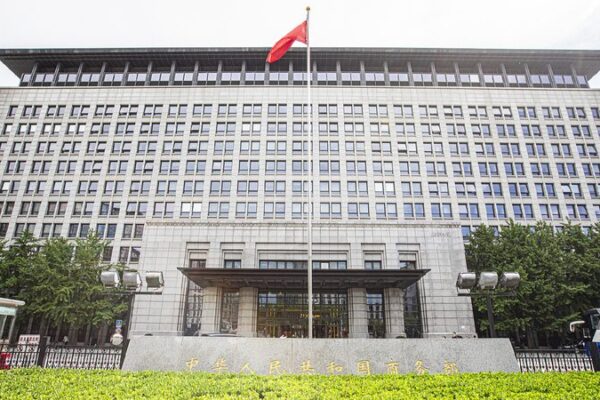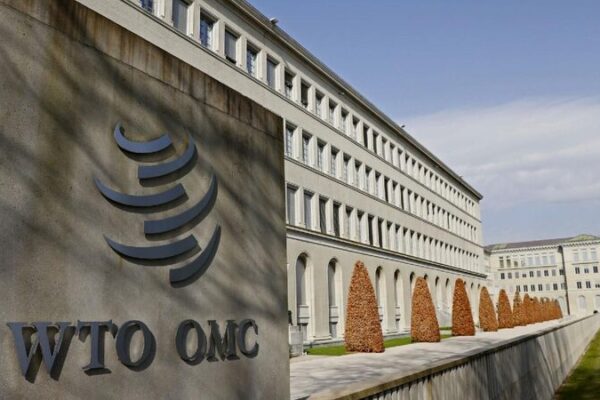On February 1, the administration of US President Donald Trump announced new tariffs on China and other countries, citing issues related to fentanyl. This move has been criticized as a political stunt that abuses national emergency powers. Experts warn that such actions could harm both the US and the global economy, and may ultimately backfire.
China’s Ministry of Commerce reacted strongly on February 2, stating that the unilateral imposition of tariffs by the US seriously violates World Trade Organization (WTO) rules. They emphasized that this approach not only fails to address domestic issues in the US but also undermines economic and trade cooperation between China and the US.
Questionable Intentions and Domestic Opposition
The Trump administration’s executive orders have been called into question for lacking legitimate intent and a reasonable foundation. Some argue that the primary purpose is to bypass the US Congress and unilaterally implement protectionist measures for political posturing.
Domestic opposition has emerged, with some members of Congress voicing their concerns. Gregory W. Meeks, a ranking member of the House Foreign Affairs Committee, issued a statement condemning the administration’s abuse of the International Emergency Economic Powers Act to circumvent congressional review.
Ineffectiveness in Addressing the Fentanyl Crisis
Invoking national emergency powers requires a legitimate rationale, meaning the measures taken should effectively address the issue at hand. However, critics argue that the Trump administration’s tariff policies do little to combat the fentanyl crisis and lack reasonable justification.
The widespread drug problem in the US primarily stems from systemic flaws and administrative mismanagement. Instead of tackling these internal shortcomings, the administration appears to deflect responsibility by shifting blame to other countries and imposing tariffs on their products under the pretext of a national emergency.
Impact on US Consumers and Workers
The tariff measures are expected to lead to higher product prices for US consumers. High tariffs result in increased costs, which are often passed on to consumers. Various sectors in the US, including manufacturing and agriculture, rely on imported raw materials and components from trade partners like China. Imposing additional tariffs will drastically increase production costs in these industries.
Ordinary US consumers and workers may face higher living costs, fewer product choices, and more limited international markets, potentially leading to scarcer job opportunities.
Undermining International Cooperation
The unilateral actions taken by the US not only violate WTO rules but also damage its reputation in the international community. Addressing the fentanyl crisis requires global cooperation, and shifting blame onto others does nothing to resolve the issue. On the contrary, it undermines the foundation of international collaboration.
China has responded by filing a WTO dispute complaint against the US tariff measures to defend its legitimate rights and interests. Other countries, like Canada and Mexico, have also announced countermeasures to the US tariff hikes.
Cooperation as the Only Viable Path
Global challenges require collective efforts. If the US genuinely seeks to resolve the fentanyl crisis, it must first confront its internal shortcomings, strengthen domestic regulatory measures, and actively engage in international collaboration with China and other nations. By working toward an effective global cooperation mechanism, the US can contribute to shared progress and fulfill its responsibilities on the world stage.
Resorting to unilateral tariffs through the abuse of national emergency powers is a short-sighted approach that may leave the US increasingly isolated.
Reference(s):
US abuse of national emergency powers harms itself and world
cgtn.com
